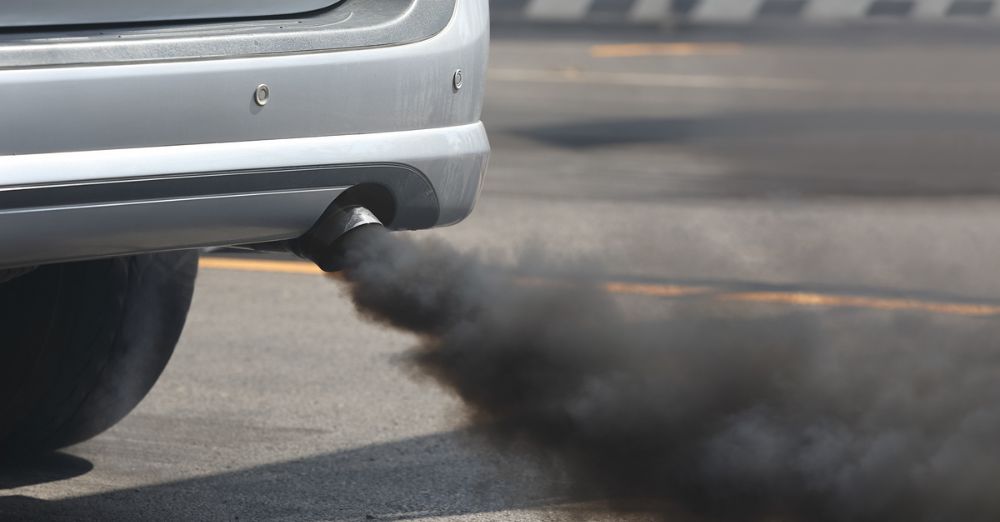The exhaust system is made up of pipes that draw gases from the engine to the outside without harming the vehicle users. Before the gases are emitted into the environment, the exhaust will remove the harmful substances from the gas. That is done to reduce the chances of high pollution in the environment. The system is made up of pipes, hangers, clamps, and sensors that collaborate to make sure that the emitted gases do not suffocate the vehicle users.
A sound exhaust channel will also make sure that the engine works in good condition. Like any other part of a vehicle, the exhaust channel will develop issues that may damage the engine. It is therefore crucial that you give your vehicle service to ensure that everything is working in order. Significant parts of the system and what they do include:
· The Manifold - It collects the gases emitted in the engine combustion chambers and directs them to the exhaust pipe.
· The Converter - Using several catalysts, the converter turns the emitted gases into carbon dioxide and vapor.
· The Resonator - It enhances the emission of the gases by ensuring a steady flow of the gases in the exhaust pipes.
· Tail pipe - The tail pipe draws gases from the converter. It passes under the vehicle's bumper and to the air as carbon dioxide and vapor.
Breaking Down the Most Common Exhaust System Problems
There are multiple signs that may indicate your exhaust channel is not doing too good. Examples include when you can smell gases while inside your vehicle and/or increased fuel consumption. Other potential indicators include when your vehicle cannot accelerate faster easily as well as when and engine noise. Another example includes when your exhaust pipe is touching the roads while operating the vehicle. These indicators call for a professional auto repair examination, otherwise vehicle damage will arise including rust, faulty and loose hangers, leaks due to wear and tear, blockages in the converter, or a faulty oxygen sensor.
Rust
Rust is the number one enemy of the exhaust pipe. Rust is formed by the vapor's condensation that never gets the chance to be burnt off the exhaust pipe. It is always advisable that you do not turn on your vehicle and leave immediately. Give the car some time to heat the condensed water in the exhaust and emit it in vapor.
Faulty and lose hangers
When the exhaust pipe hangers are broken, the exhaust pipe seems to hand and drag on the ground. If by any chance they break off, they can be a cause of accidents. Visit an auto repair shop regularly to have your brackets tightened.
Leaks due to wear and tear
Sometimes, the exhaust chimney is broken due to being hit on rough roads and bumps. Broken parts in the exhaust channel lead to gases that are to be cleaned in the converter are emitted as pollutants in the environment.
Blockages in the converter
When the converter is clogged, it will not be able to clean the dangerous fumes. This means that they will reach the environment causing pollution. The converter is blocked when small bits in the exhaust channel are deposited in it. Mostly, if your vehicle drives on rough roads, the wear and tear is accelerated.
A faulty oxygen sensor
If your oxygen sensor is not working correctly, it causes an imbalance in the air and fuel mixture. A low air supply and more fuel make the mixture hotter than it is supposed to, causing clogs in the converter.
The Bottom line
If you have noticed any of the above symptoms in your vehicle, it is time to visit an auto repair shop. Having your vehicle inspected and serviced every year will save you from the repercussions of the exhaust chimney's faults.


